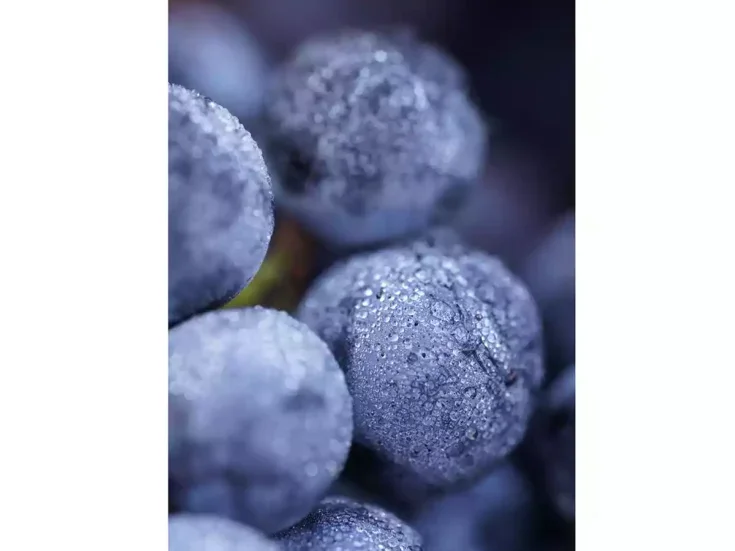
Dr Erik Skovenborg on the many potential health benefits of drinking with friends.
In many societies, drinking wine and sharing meals provide a means for friends and families to gather and enjoy each other’s company. Drinking with friends is a sociable activity, so a bottle of wine is an investment in future amiability in company with others, since wine promotes conviviality and helps people break the ice and reach out to each other. “Canada’s new drinking guidelines don’t consider the social benefits of alcohol. But should they?” asked Kiffer George Card, assistant professor in health sciences at Simon Fraser University. The question was brought about by the new Canadian guidelines stating that no amount of alcohol is “safe” and that individuals should drink no more than two standard drinks per week.1
The authors of the new guidelines ignore the benefits of alcohol, such as its role as a social lubricant, arguing that they are inconsequential to health—but they turn a blind eye to the importance of social relations. Full social participation is such a fundamental human need that research since the 1900s has found the lack of social connections increases the odds of death by at least 50 percent. The magnitude of this effect is comparable to that of smoking and exceeds those of many other known risk factors of mortality, such as obesity or physical inactivity.2
Social engagement is particularly important for older people, since many of the formal social roles that provide a catalyst for social integration are lost as people age, due to retirement, living alone, or restricted mobility, for example—factors that may increase their risk of social isolation. A review of studies exploring the perceptions and experiences of alcohol use by adults aged 50+ years found that drinking could help sustain social and leisure activity, which may otherwise diminish due to the aging process. The positive and valuable roles of alcohol in older people’s lives contrast with the majority of studies of older people’s drinking, which often present it as a risky health behavior.3
The majority of the “Drink Wise, Age Well” survey respondents aged over 50 in the UK are “lower risk” drinkers. There is, however, a significant minority who are not. The reasons given for consuming alcohol, and the social context, vary between lower-risk and higher-risk drinkers. While 92 percent of lower-risk drinkers drink with someone else, only 62 percent of higher-risk drinkers do. While one percent of lower-risk drinkers say they drink when feeling down or depressed, this increases to 36 percent for higher-risk drinkers. And 78 percent of higher-risk drinkers say they drink to take their mind off their problems, compared to just 39 percent of lower-risk older respondents.4
Drinking with friends: Mellowed camaraderie
It is often suggested that alcohol use by older people is problematic from a public-health perspective. But Celia Wilkinson and Julie Dare argue that, as with younger people, alcohol use is closely associated with socialization and social engagement. While research reflecting a biomedical focus has been vital in understanding the risks associated with hazardous levels of alcohol use, it has rarely examined the role that low to moderate levels of drinking (10–20 grams of alcohol/day) may play in social engagement and, by extension, positive outcomes in health and wellbeing. Social-science research has focused on links between social engagement and health and wellbeing, but it has failed to disaggregate the possible role of low to moderate levels of consumption as a social lubricant facilitating social engagement for some older people.5
Here is what one English gentleman thought about his doctor’s order of total abstinence: “In any event, even if I cannot drink it, I take pleasure in the whole business of serving wine. But I do miss that sense of wellbeing, the loosened wit, the mellowed camaraderie that follow the bottle as it circles the convivial table.”6
May we never want for a bottle of wine, or for friends to share it.
Notes
1. theconversation.com/canadas-new-drinking-guidelines-dont-consider-the-social-benefits-of-alcohol-but-should-they-198379
2. J Holt-Lunstad, TB Smith, and JB Layton, “Social Relationships and Mortality Risk: A Meta-Analytic Review,” PLOS Medicine 7 (7), 2010; doi.org/10.1371/journal.pmed.1000316
3. BK Bareham, E Kaner, LP Spencer, and B Hanratty, “Drinking in Later Life: A Systematic Review and Thematic Synthesis of Qualitative Studies Exploring Older People’s Perceptions and Experiences,” Age and Ageing 48:1 (2019), pp.134–46.
4. G Holley-Moore and B Beach, “Drink Wise, Age Well: Alcohol Use and the Over 50s in the UK,” International Longevity Centre, UK, 2016, pp.1–60.
5. C Wilkinson and J Dare, “Shades of Grey: The Need for a Multi-Disciplinary Approach to Research Investigating Alcohol and Ageing,” Journal of Public Health Research 3:1 (2014), p.180.
6. FH Partington, “A Farewell to Wine?” Wine and Food, summer 1950, pp.66–71.
Dr Erik Skovenborg on wine and health
Does a wine drinker’s liver need a holiday?
The quest for longevity: Might wine play a positive role
When the mind controls the fate of the heart
Hypertension—the invisible enemy
The rules, myths, and facts of hangovers
The ups and downs of wine and weight
Wine as part of a healthy lifestyle






